This article was co-authored by Supatra Tovar, PsyD, RD. Dr. Supatra Tovar is a Licensed Clinical Psychologist (PSY #31949), Registered Dietitian, Fitness Expert, and the Owner of Dr. Supatra Tovar and Associates. Dr. Tovar has worked in the fields of health education, clinical dietetics, and psychology. With over 25 years of holistic wellness experience, she practices Holistic Health Psychotherapy. She combines her psychology, diet, and fitness knowledge to help those struggling with depression, weight gain, eating disorders, life transitions, and relationships. Dr. Tovar holds a BA in Environmental Biology from The University of Colorado Boulder, an MS in Nutrition Science from California State University, Los Angeles, and a PsyD in Clinical Health Psychology from Alliant International University, Los Angeles.
There are 7 references cited in this article, which can be found at the bottom of the page.
This article has been viewed 20,277 times.
While you may obsess about food, healthy eating, and living a pure lifestyle, the costs may actually outweigh the benefits. Orthorexia is when a person develops an unhealthy obsession with eating healthy and/or the purity and quality of their food. Ironically, the person's eating may become so restrictive that they suffer from malnutrition or their relationships and social life can begin to suffer.[1] This is not yet a recognized medical diagnosis, and is more of a social term, though you can still seek help from a doctor or mental health professional for these issues.[2] If you’re ready to start managing your orthorexia and begin living a more balanced lifestyle, start by addressing how orthorexia affects your life. Make changes to your diet, your fitness routine, and the way you approach food. Don’t be afraid to reach out for the support you need and work through any emotional triggers.
Steps
Assessing Orthorexia in Your Life
-
1Think about the costs of your eating. Think about the impact your eating has on your life. Healthy eating is one thing, but having an inflexible diet is different than healthy eating. Some common costs of orthorexia include having an extreme preoccupation with food, avoiding entire food groups, focusing on the virtuousness of certain food choices, being judgmental of other people’s choices, having rigid eating habits, limiting your foods to a small selection of ‘acceptable’ foods, and feeling extreme guilt or self-loathing if you stray from your diet.[3]
- How are these things affecting your life? How would you like them to change?
- You may also become obsessed with probiotics, supplements, or herbs or spend unreasonable amounts of time on food preparation.
- Consider if the people close to you have expressed concern about your fixations or refer to you as "obsessed."
-
2Ask how it’s affecting your social life. If your eating habits are extremely inflexible, they may interfere with your social life and friendships.[4] For example, if you have several ‘black list’ foods, you may not join your friends for lunch or you may decline dinner invitations. If you tend to socially isolate yourself because of your orthorexia, think about what you can do to reconnect with friends.
- Invite people over to your home for dinner.
- Do activities that do not revolve around food. As you work through treatment, begin to join your friends for events around food.
- Think about if your friends have not been inviting you to activities they normally would. This could be because you lecture them about food choices or try to control activities so that your eating habits always come first.
Advertisement -
3Address your fitness habits. Some people with orthorexia become obsessed with fitness and working out.[5] If your workout schedule is rigid and interferes with other areas of your life, consider cutting down your workouts. For example, if you work out for two hours each day, consider cutting down to one hour each day.
- If your exercise is hurting your body and not helping it, work with a physician to find what limits to follow and what intensity to use.
- A major warning sign is if you have been tempted to disregard your physician's limitations or resume working out again before you are medically cleared to do so after an injury.
Taking Control of Your Eating
-
1Get some blood tests. Begin to work toward balanced health by meeting with your physician. Ask for a blood test to check your nutritional health. This can help you navigate any nutrient deficiencies you may have or any hormonal imbalances. Blood tests can tell you your iron, vitamin, mineral, hormone, and cholesterol levels.[6]
- For example, if you’ve only eaten fruit for several months, you may lack nutrients that support your body found in vegetables, oils, and proteins. A blood test can help you work toward replenishing your deficiencies.
-
2Talk to a dietitian. Work with a dietitian to help you balance your eating. Your dietitian may have you look at your diet then make some adjustments for optimal health. While it can be difficult to make changes, remember that a dietician is an expert and is there to help you.[7]
- Be cautious about people who refer to themselves as "nutritionists." This term is largely unregulated in the United States, meaning that anyone can use it without any qualifications. Often these people are trying to sell you something or council you into further unhealthy food fixations. Registered dietitians have met certain educational and licensure requirements.
- Make regular appointments with a dietician and keep track of the progress you are making. You may notice that with time you feel better with changes to your diet.
-
3Be flexible in your food choices. Part of orthorexia is having strict food guidelines. Perhaps you only eat ‘clean’ foods or foods of a certain color, or a very small list of acceptable foods.[8] While it can be scary to start incorporating new or ‘bad’ foods back into your diet, start by adding one new food in each week.
- You don’t need to jump headfirst into eating sweets, processed foods, or junk foods. Start slowly, and build up to a level that feels comfortable and is still healthy.
- Consult with your dietician or physician regarding what foods you may need. You may have some deficiencies that need immediate attention.
- Try to get your mental health professional and your dietitian to coordinate care so you can strike an appropriate and sustainable balance in your diet.
-
4Incorporate feared foods into your diet. As you begin to be more flexible in your diet, take a challenge and start eating feared foods.[9] For some people, this may be chocolate, sugar, or bagels. For others, it may be fruit or dairy. Whatever it is that you fear, take a small challenge every once in a while to eat it. Even if it’s a few bites, it can help you conquer your fear.
- Remind yourself that foods are okay in moderation and that it’s okay to enjoy food.
-
5Make decisions based on what you want. People with orthorexia make decisions based on food and food choices.[10] Instead of having rigid rules to follow about what to eat and when to eat it, learn to follow your body’s cues. Eat when you feel hungry, not when you are ‘supposed’ to eat. Instead of following a strict diet, ask yourself, “What would I like to eat for breakfast?”
- Begin to listen to your body’s cues and get more in touch with what your body wants.
- Talking it through with a significant other or trusted family member or friend can help you start to process and identify your body's cues. Journaling may also be helpful.
Dealing with Emotions
-
1See a therapist. If you’re having trouble coping with orthorexia on your own, you may want to talk about it with someone. A therapist can help you work through your emotions and create a different relationship with food that supports you better.
- Ask your insurance provider, general practitioner, or local mental health clinic for a referral to a therapist. You can also ask friends and family for a recommendation.
-
2Consider medication. Some people find medications helpful in treating accompanying symptoms of orthorexia. Work with a psychiatrist to see whether medications are a good option for you. Medications can address obsessive-compulsive symptoms, anxiety, and depression.[11]
- To find a psychiatrist, call your insurance provider or local mental health clinic. You can also speak with your physician about obtaining a referral.
-
3Cope with feelings of guilt. When you deviate from your pure lifestyle or strict routine, you may feel overcome by feelings of guilt or shame.[12] You might associate your feelings of self-worth or your identity with the foods you eat and the healthy lifestyle you live. It’s okay to have a diet full of variety, even if you occasionally eat something unhealthy. What you eat isn’t who you are, and your identity isn’t in the foods you avoid.
- If you feel guilty after an unhealthy decision, accept your decision and move on. Forgive yourself and remember that your one ‘bad’ choice doesn’t define you, your self-worth, or your identity.
- Ask a trusted friend or family member to sit with you while you eat and visit with you afterwards, until the guilt dissipates. This can be an effective distraction technique to help you return to more normal eating.
-
4Deal with life’s issues head-on. Some people use orthorexia as a way to avoid dealing with other problems.[13] These might include painful emotions or struggling relationships. While some people dive headfirst into alcohol or drug problems, others fixate on a specific thing and revolve their lives around that. If you ignore your problems and put all of your focus on food and pure eating, it might be time to take a more honest look.
- Instead of ignoring or avoiding your problems, begin to tackle them one by one. Work with a therapist to help you.
- Take a look at any other ways you might be self-medicating, as your trouble may not be limited to food and diet. Think about if you've had obsessions about different things in the past. It is common for addictions to shift over a lifetime. Ask trusted friends or family for their own perspective on your situation.
Expert Q&A
-
QuestionHow does orthorexia affect your life?
 Supatra Tovar, PsyD, RDDr. Supatra Tovar is a Licensed Clinical Psychologist (PSY #31949), Registered Dietitian, Fitness Expert, and the Owner of Dr. Supatra Tovar and Associates. Dr. Tovar has worked in the fields of health education, clinical dietetics, and psychology. With over 25 years of holistic wellness experience, she practices Holistic Health Psychotherapy. She combines her psychology, diet, and fitness knowledge to help those struggling with depression, weight gain, eating disorders, life transitions, and relationships. Dr. Tovar holds a BA in Environmental Biology from The University of Colorado Boulder, an MS in Nutrition Science from California State University, Los Angeles, and a PsyD in Clinical Health Psychology from Alliant International University, Los Angeles.
Supatra Tovar, PsyD, RDDr. Supatra Tovar is a Licensed Clinical Psychologist (PSY #31949), Registered Dietitian, Fitness Expert, and the Owner of Dr. Supatra Tovar and Associates. Dr. Tovar has worked in the fields of health education, clinical dietetics, and psychology. With over 25 years of holistic wellness experience, she practices Holistic Health Psychotherapy. She combines her psychology, diet, and fitness knowledge to help those struggling with depression, weight gain, eating disorders, life transitions, and relationships. Dr. Tovar holds a BA in Environmental Biology from The University of Colorado Boulder, an MS in Nutrition Science from California State University, Los Angeles, and a PsyD in Clinical Health Psychology from Alliant International University, Los Angeles.
Licensed Clinical Psychologist (PSY #31949), Registered Dietitian, & Fitness Expert Licensed Clinical Psychologist (PSY #31949), Registered Dietitian, & Fitness ExpertExpert AnswerA person suffering from orthorexia (ON) may avoid “unhealthy” food, seek organic, “pure” or “safe” foods, and engage in highly ritualized, restrictive, and selective eating styles. There's usually extreme emotional consequences such as anxiety, panic, depression, or despair if the person does not adhere to their self-imposed nutritional rules. A person experiencing ON tends to suffer from a wide range of negative emotions and distress surrounding food and food choices.
Licensed Clinical Psychologist (PSY #31949), Registered Dietitian, & Fitness ExpertExpert AnswerA person suffering from orthorexia (ON) may avoid “unhealthy” food, seek organic, “pure” or “safe” foods, and engage in highly ritualized, restrictive, and selective eating styles. There's usually extreme emotional consequences such as anxiety, panic, depression, or despair if the person does not adhere to their self-imposed nutritional rules. A person experiencing ON tends to suffer from a wide range of negative emotions and distress surrounding food and food choices.
References
- ↑ https://www.nationaleatingdisorders.org/orthorexia-nervosa
- ↑ https://www.ncbi.nlm.nih.gov/pmc/articles/PMC4340368/
- ↑ https://www.psychologytoday.com/blog/in-the-age-anxiety/201104/orthorexia-when-good-eating-goes-bad
- ↑ https://www.psychologytoday.com/blog/in-the-age-anxiety/201104/orthorexia-when-good-eating-goes-bad
- ↑ https://pubmed.ncbi.nlm.nih.gov/33650987/
- ↑ https://etd.ohiolink.edu/apexprod/rws_etd/send_file/send?accession=kent1585488932218267&disposition=inline
- ↑ https://www.eatright.org/health/diseases-and-conditions/eating-disorders/orthorexia-an-obsession-with-eating-pure
- ↑ https://www.psychologytoday.com/blog/in-the-age-anxiety/201104/orthorexia-when-good-eating-goes-bad
- ↑ https://www.psychologytoday.com/blog/in-the-age-anxiety/201104/orthorexia-when-good-eating-goes-bad
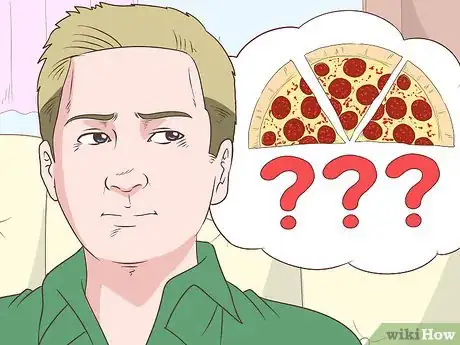
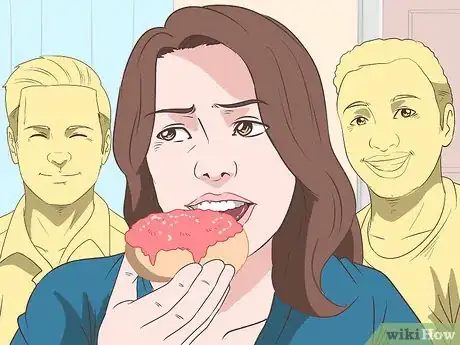
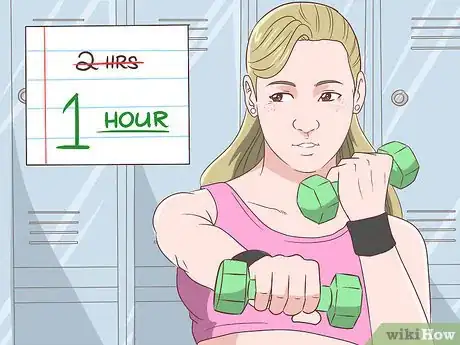

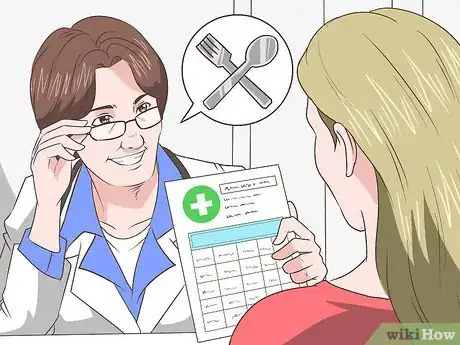
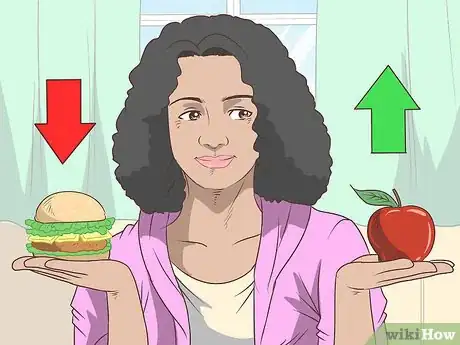
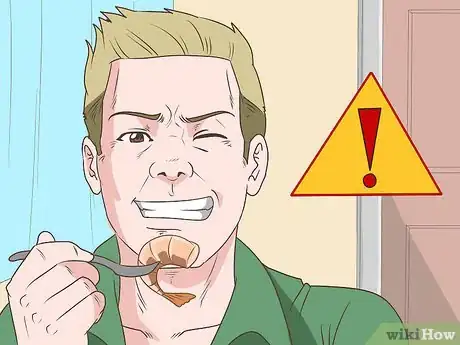
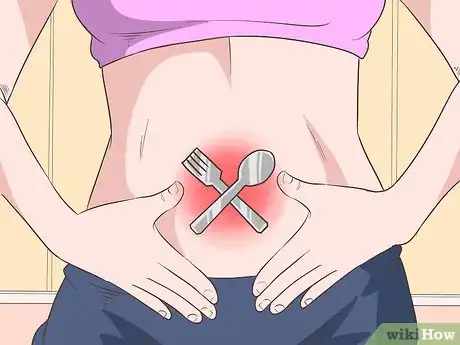
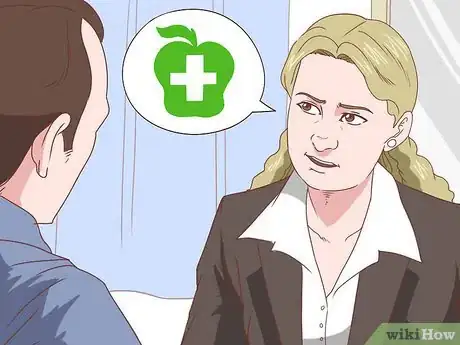
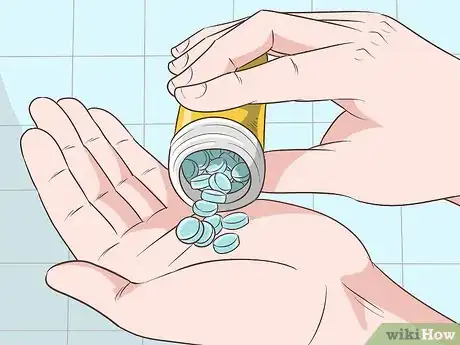
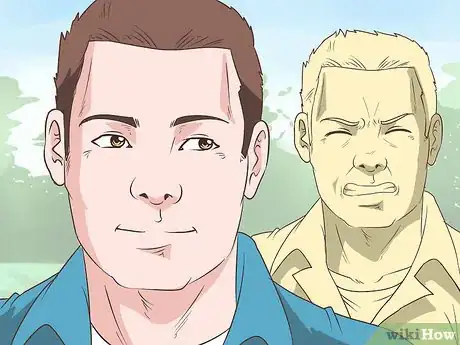
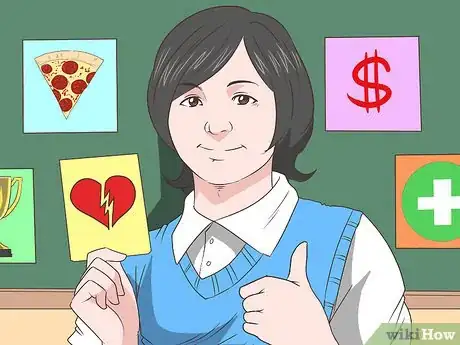


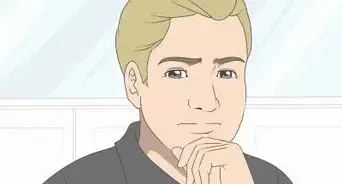

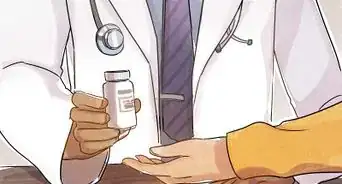

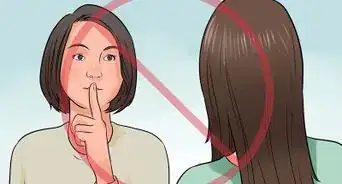
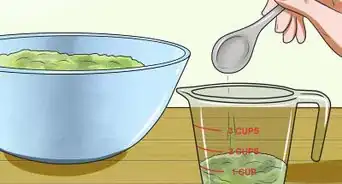















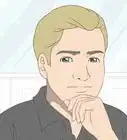




































Medical Disclaimer
The content of this article is not intended to be a substitute for professional medical advice, examination, diagnosis, or treatment. You should always contact your doctor or other qualified healthcare professional before starting, changing, or stopping any kind of health treatment.
Read More...